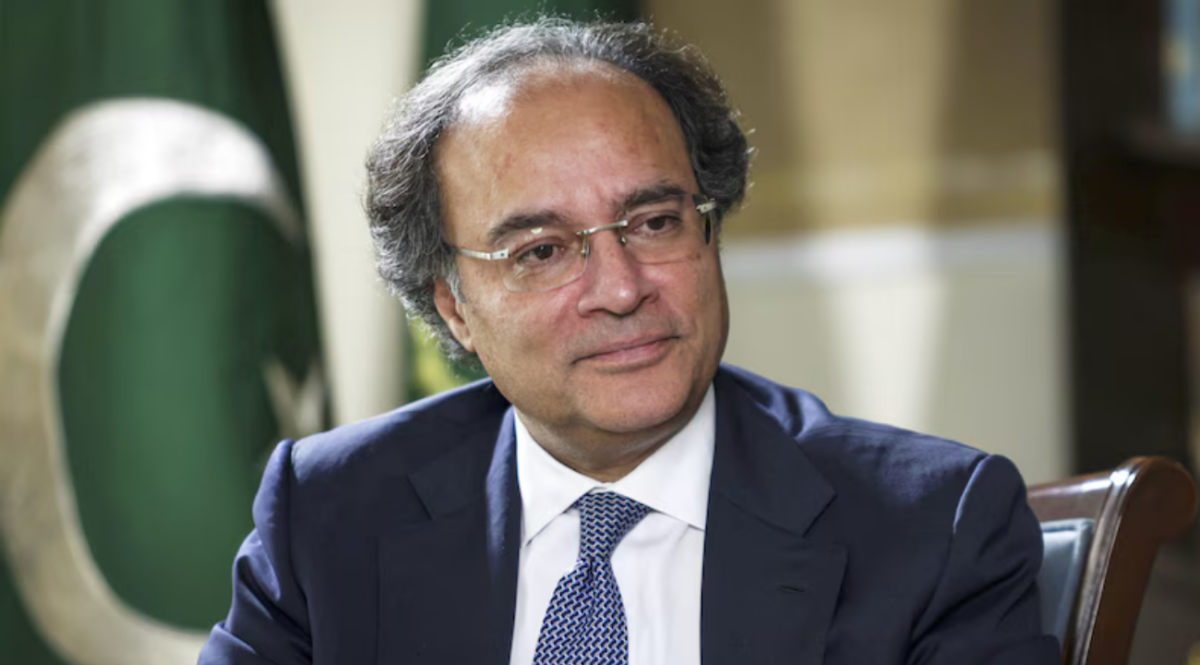Table of Contents
Expected Tax Increases and Revenue Growth
Pakistan’s government, led by Finance Minister Muhammad Aurangzeb, will reveal a crucial budget on Wednesday. This budget will be the first since the recent elections and Aurangzeb’s first presentation since taking office in March. The plan will include ambitious targets for tax revenue growth, possible tax changes, and address the fiscal deficit. The government has already set an economic growth target of 3.6 percent for the fiscal year starting July 1, up from 2.4 percent last year.
Emphasis on Broad-Based Contribution
In a press conference on Tuesday, Aurangzeb stressed that everyone must contribute to the economy, noting that while philanthropy can support schools, universities, and hospitals, taxes are essential for running a country. He emphasized that no sector would be exempt from contributing to the nation’s economic health.
IMF Bailout Negotiations
Prime Minister Shehbaz Sharif’s government, which came to power after a disputed election in February, is negotiating with the International Monetary Fund (IMF) for a three-year bailout program. The government nearly defaulted last summer and has struggled economically since then, needing more funds. The chance of a new IMF loan has increased investor confidence, resulting in good performance for Pakistan’s stock market and bonds over the past year.
Maintaining Fiscal Discipline
An economist from Bloomberg Economics, Ankur Shukla, pointed out that Pakistan must maintain fiscal discipline and achieve a primary surplus to make its debt sustainable, which are likely conditions of the IMF loan. The budget is expected to provide details on policy decisions agreed with the IMF, which reviews the fiscal plan carefully. Pakistan faces debt payments of about $24 billion in the next fiscal year, with significant portions owed to China, Saudi Arabia, and the United Arab Emirates. Central Bank Governor Jameel Ahmad mentioned that these countries are expected to extend loan terms upon maturity.
Tax Revenue Goals
Aurangzeb has promised to increase the tax ratio to 15 percent of GDP from the current level of less than 10 percent, which the IMF considers unsustainable. The government aims to raise revenue by 38 percent, targeting 13 trillion rupees in the new budget. However, this has raised concerns about potential tax hikes. The benchmark KSE-100 Index has dropped in six of the last seven sessions due to speculation about increased capital gains tax on equities and higher income taxes.
Economic Development and Inflation
Despite challenges, the government has proposed a 29.4 percent increase in development spending, totaling $4.4 billion for major projects. However, it has only spent about 40 percent of the current year’s allocated funds. Pakistan has the highest inflation rate in Asia, though it has recently moderated. The exchange rate has also stabilized after a turbulent year. Political instability continues, with opposition leader Imran Khan contesting the February election results and facing multiple legal issues.
Addressing Poverty and Economic Concerns
High inflation has increased economic pessimism in Pakistan, with almost half the population finding it difficult to get by. Approximately 40 percent of people live below the poverty line. State Finance Minister Ali Pervaiz Malik informed Geo TV that the forthcoming budget intends to support middle and lower-income groups.
As Pakistan prepares to announce its budget, the focus is on securing an IMF loan, increasing tax revenue, and addressing economic challenges. Success in these areas will be crucial for the country’s financial stability and growth in the next fiscal year.
